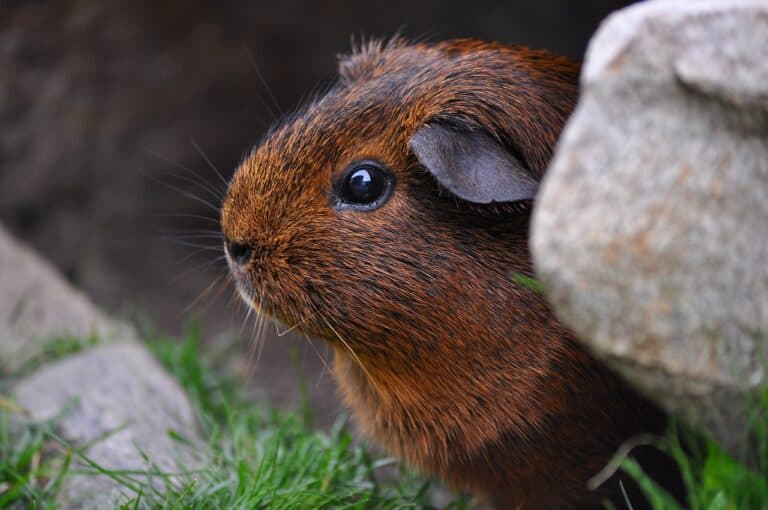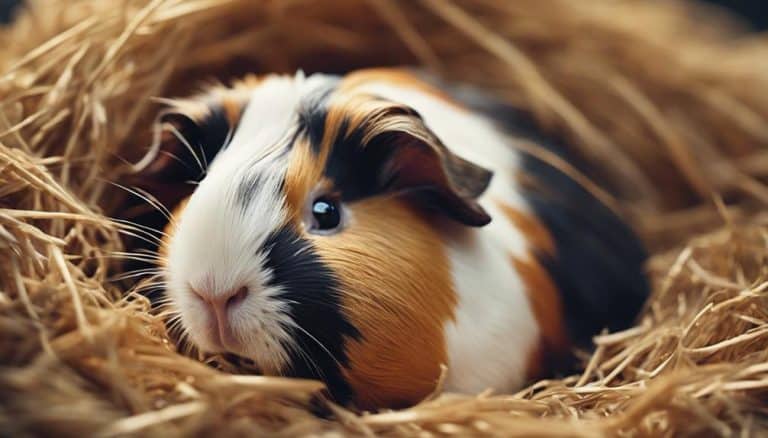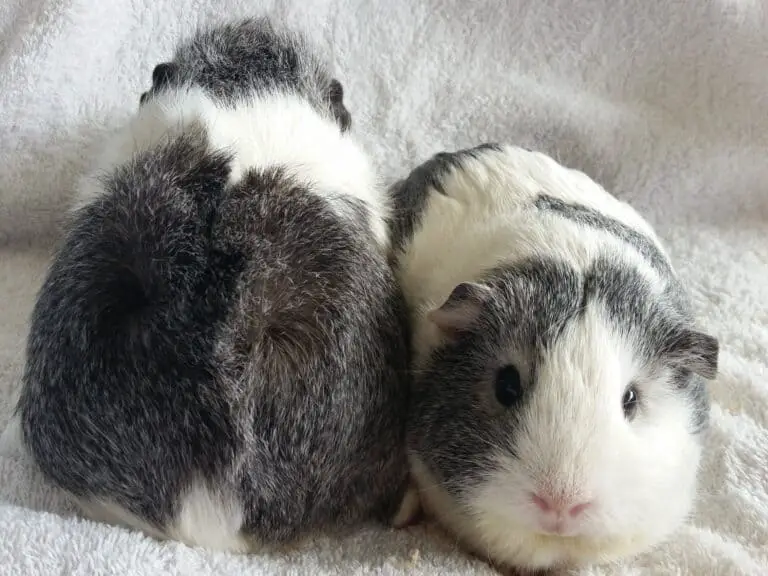What Human Food Can a Guinea Pig Eat
So, you’re curious about what human food we can feed our guinea pig, huh? Well, let’s dive in and separate fact from fiction.
We all want our little furry friends to enjoy some variety in their meals, and it’s important to make sure they’re getting the right nutrition. Stick with us as we explore the dos and don’ts of human food for our guinea pig pals.
Safe Vegetables for Guinea Pigs
When considering safe vegetables for guinea pigs, variety and moderation are key to maintaining a well-balanced diet for our furry friends.
Leafy greens like romaine lettuce, cabbage, and kale should form the core of their vegetable intake. These fresh vegetables not only provide essential nutrients but also contribute to hydration. It’s important to offer a variety of greens each day to ensure that guinea pigs receive a diverse range of vitamins and minerals.
Additionally, including vegetables high in vitamin C, such as peppers and broccoli, is crucial to prevent health issues like scurvy in guinea pigs.
Root vegetables like carrots are also safe and can be given daily in small portions as they’re a great source of fiber.
Bell peppers are another safe option, providing guinea pigs with essential nutrients and can be given daily in moderation as healthy treats.
Recommended Fruits for Guinea Pigs
We often offer our guinea pigs a variety of fresh fruits, such as apples, pears, strawberries, blueberries, and kiwi, to provide essential vitamin C. However, it’s important to remember that fruits should be given to guinea pigs in moderation due to their high sugar content.
Small portions of fruits like oranges, apples, blueberries, and bananas can be a healthy addition to their diet. When feeding your guinea pig fruits, make sure to wash them thoroughly and introduce new fruits gradually to avoid digestive issues.
Fresh fruits can complement a healthy guinea pig diet, alongside vegetables and leafy greens. Remember that fruits and veggies should make up a smaller portion of their diet compared to Timothy hay and alfalfa hay, which are essential for their digestive health.
Beneficial Herbs for Guinea Pigs
Guinea pig owners often provide a variety of fresh fruits and vegetables to ensure their pets receive essential nutrients, but it’s important to also consider the beneficial herbs that can complement their diet. Fresh herbs not only add variety to a guinea pig’s diet but also offer nutritional value and promote overall health.
Some beneficial herbs for guinea pigs include:
- Parsley: Rich in vitamin C, which is essential for guinea pigs’ health.
- Mint: Helps in digestion and provides a refreshing flavor.
- Coriander: Another excellent source of vitamin C and adds a distinctive taste to their diet.
Incorporating these herbs into their diet can encourage them to eat their hay and vegetables, ensuring a well-balanced and nutritious meal while promoting dental health and preventing dental disease.
Human Foods to Avoid for Guinea Pigs
Avoiding feeding guinea pigs avocados, chives, coconuts, garlic, grapes, onions, raisins, and sweet or salty human junk food is essential for their well-being. Additionally, canned vegetables, cooked vegetables, and frozen fruit and vegetables should be refrained from. It’s crucial to keep guinea pigs away from toxic houseplants, herbs, and flowers, and to carefully monitor their fresh food intake.
Limit their fruit intake due to high sugar content, and ensure that fruits are thoroughly washed before serving. Be cautious with commercial treats, as they may be high in sugar and potentially harmful chemicals. These precautions are vital for maintaining the health of guinea pigs.
Feeding Guidelines for Guinea Pigs
When considering the feeding guidelines for guinea pigs, it’s important to ensure that their diet consists primarily of pellets, hay, and fresh vegetables to maintain their health and well-being.
- Choose Specifically Formulated Pellets: Opt for timothy-based pellets fortified with vitamin C, avoiding those with seeds or dried fruit.
- Provide a Variety of Fresh Vegetables: Offer a wide range of fresh vegetables such as bell peppers, cucumbers, and leafy greens to ensure a balanced diet.
- Offer Healthy Treats in Moderation: Introduce fresh fruits as occasional treats due to their high sugar content; ensure small portion sizes to prevent overconsumption.
As a guinea pig owner, it’s important to feed your guinea pig a diet that meets their nutritional needs. These items can be found at a pet store and are specifically formulated to ensure the well-being of your guinea pig.
Conclusion
In conclusion, it’s important to provide guinea pigs with a balanced diet of pellets, hay, and fresh vegetables to ensure their health and well-being.
Stick to safe vegetables like romaine lettuce, cabbage, and kale, offer fruits as occasional treats, and avoid toxic foods like avocados, onions, and grapes.
By following these feeding guidelines, you can help keep your guinea pig happy and healthy for years to come.







